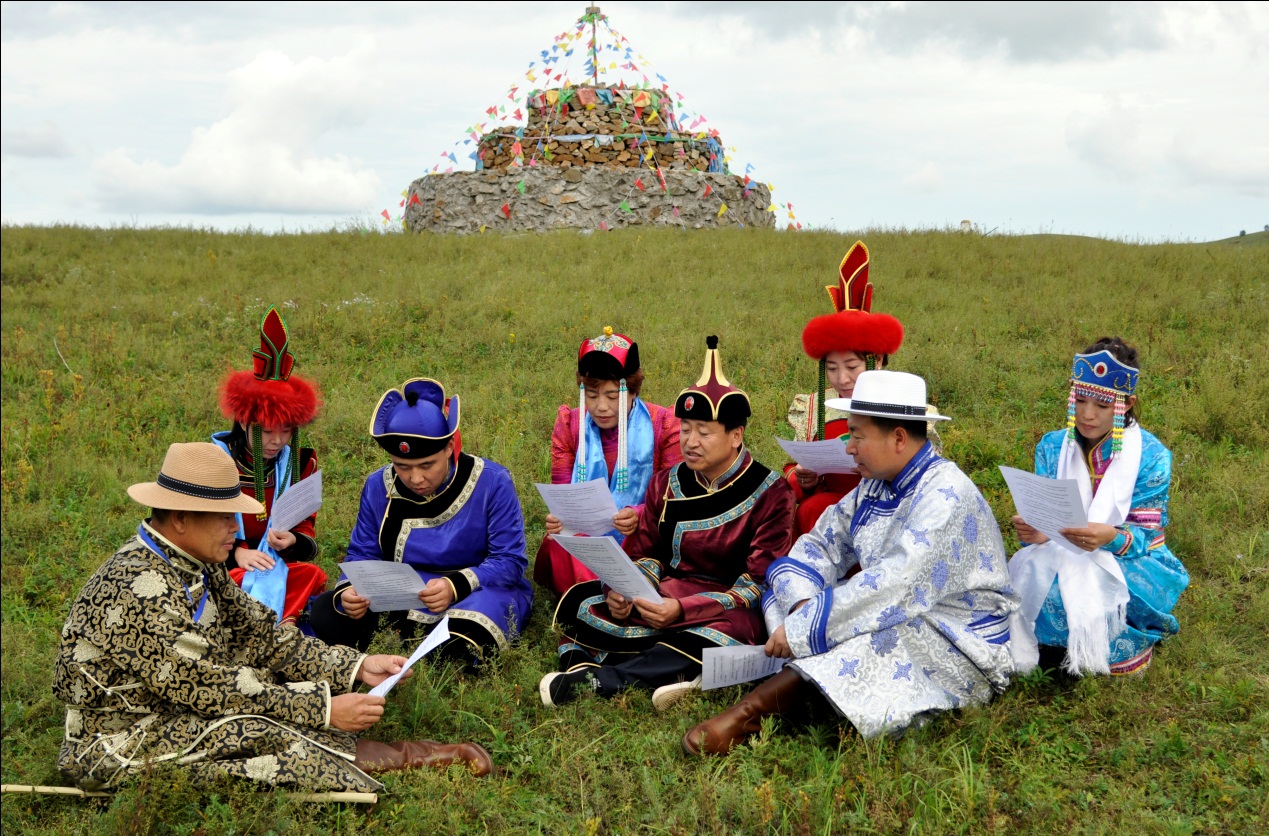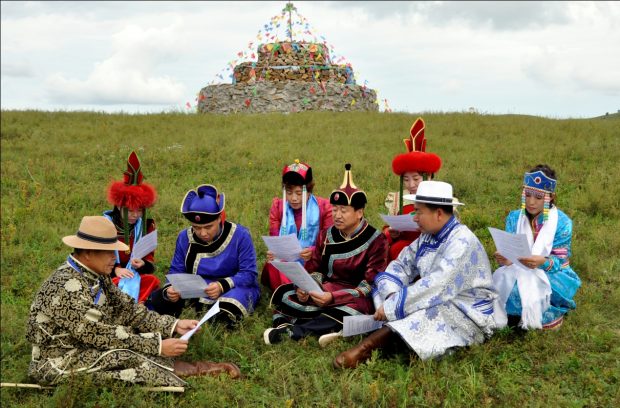
China’s reform of national supervision system ushers in new chapter of anti-corruption work

China has opened a new chapter of anti-corruption thanks to the establishment of its National Supervisory Commission (NSC) and its performance in deepening the reform of the national supervision system over the past year, said People’s Daily, the flagship newspaper of the Communist Party of China (CPC) in an article published on March 1st. According to the article, discipline inspection and supervisory commissions at national, provincial, municipal, and county levels filed 638,000 cases, and punished 621,000 Party members in 2018, up 20.9 and 17.8 percent respectively. Both figures were a record high in the past forty years since the CPC re-established disciplinary inspection commissions and supervision agencies.
The amendment to the Constitution and the Supervision Law was passed at the first session of the 13th National People’s Congress (NPC) in March 2018, during which the NSC was established and its directors elected. The NSC was officially inaugurated on March 23, 2018, marking the final establishment of the Chinese supervisory commissions at national, provincial, municipal, and county levels, which has led China to a new era to comprehensively deepen the reform of its supervision system from the piloting phase. The supervisory commissions at the four levels have completed formation and personnel transfer over the past year, the article introduced. A total of 61,000 relevant positions and 45,000 officials were transferred to these authorities.
The CPC Central Commission for Discipline Inspection (CCDI) and the NSC had accredited 46 discipline inspection and supervision teams to oversee 129 central-level Party and state organs. Discipline inspection organizations were also accredited to all county-level departments in multiple provinces, autonomous regions and municipalities, with supervision rights distributed to townships and communities. The article pointed out that the reform of the supervision system has put all officials exercising public power under supervision, covering the previous blind spots.
In addition, the reform has called an end to the time when officials who committed crimes were punished while those breaking the laws could always escape the punishment. Some Party members could even still keep their Party membership after being imprisoned. The supervision system reform will not only investigate serious discipline and law violations and suspected crimes, but also supervise and look into minor violations even if they do not constitute crimes. From October 2017 to the end of 2018, CCDI and NSC investigated 77 high-ranking officials, gave Party disciplinary punishment and administrative penalties to 64 people, and transferred 15 people to judicial organs for suspected crimes. So far, the country has secured the return of more than 5,000 fugitives from over 120 countries and regions, 56 of whom were among China’s top 100 fugitives on the Interpol Red Notice after four years’ implementation of the “Sky Net” manhunt program. Besides, over 10 billion yuan of illegally diverted funds has been recovered.
By Pei Guangjiang
(People’s Daily)


